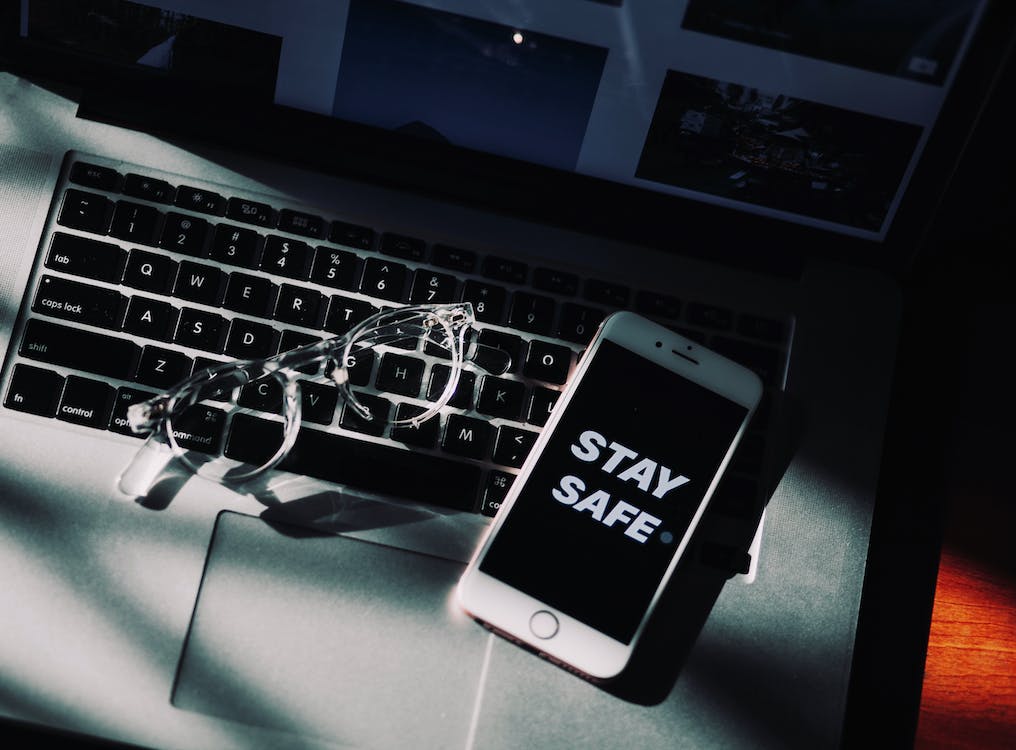
One of the biggest security issues these days is that of identity theft, people can get your vital information like your social security number, birth date, credit card number and other critical material from your home via your computer at home, your trash or even your mailbox. There are some steps you can take to protect yourself against this type of theft and save yourself some expensive headaches.
The first step in your line of defense against identity theft is to make sure that your computer has the right security software to protect it from someone who accesses it remotely and steals your information.. There are programs written that if given access can spider the data on your computer and pull out information such as passwords and financial information. If you have a wireless network in your home, the same applies you want to make sure that the proper security protocols are in place so that your network cannot be easily hacked into and be sure that you have a firewall installed.
If you own a laptop that you keep valuable information on, never leave it unattended. Even though you think it may be safe to leave it inside your car for example that is just leaving yourself open to a theft of a higher magnitude. If someone steals your car, now do they not only have your means of transportation but if you have enough personal information on your laptop they may be able to assume your identity and sell the vehicle through a legal transaction acting as you. In addition they now will have access to any and all personal and financial information that you had stored on the laptop.
Next, if you have confidential information that is printed you will want to keep it in a locked and secure location. If you are throwing information like this away, such as banking statements, credit card statements, etc you want to be sure to run it through a paper shredder before discarding it to eliminate the possibility that a thief could gain access to it. This is one of the simplest low-tech ways for identity thieves to obtain information, it’s simple and it costs them nothing.
Regarding login information and password, you never want them anywhere so that people can find them. The best practice is to commit them to memory and not have the stored anywhere. If a thief gets your login details for your bank or online trading account, they could ruin your finances in minutes. Often, you’ll also need to change your passwords for these accounts.
Another problem area, especially if you live in the city, is the theft of mailboxes. Identity thieves simply approach your mailbox and receive your mail, accessing bank and credit card information, and other personal documents. It may be advisable to consider a lockable mailbox that only has room for the postman to place the mail and then send your outgoing mail directly to the post office.
If you are one of the few online users who has not yet suffered online identity theft, then you should be lucky. More than 90 million people total have suffered from Identity theft, which has made the need to protect your privacy on the internet all the more important. Personal identity theft is not a “when it happens crime”, but more a “what if it happens crime”.
Privacy setting can be used to protect your credit card numbers and Social Security numbers, but is this the only information at risk? Not exactly, personal info such as date of birth, maiden name, address, phone numbers and email ids are just as sensitive and require online privacy protection.
Check out the list below to find out how to keep your
personal information protected on the internet.
1. Play It Safe When Online
Social networking sites such as Facebook include various external links or outside applications that can use every bit of your personal data once you click the allow button. These applications request your personal information, and when approved, receive all of your account information. Use caution while using such applications. Also, make sure to avoid putting too much personal details on social networking sites. Keep firewalls and anti-malware software up to date on your computer as well. We can help you with this either with our Onsite Technical Suppor or our Remote Technical Support.
2. Check your Settings
Becoming popular online is good, but giving away your personal information can give identity thieves an opportunity to commit a crime in your name. Verify and keep a check on your privacy settings while using social networking sites and keep your virtual identity safe. Check to see what information is available about you on Google and if too much information about you is online, make sure to remove it.
3. Monitor Credit/Debit Card Statement Regularly
An excellent way to detect if your identity has been stolen or you are at risk is to check your credit/debit card statement regularly. You can also change your passwords and PIN numbers frequently if you use online banking for transactions.
4. Use online privacy protection services
Online privacy protection services keep watch, send privacy alerts, perform monitoring, and help users in managing their reputation online by protecting personal identity and information on the web. It can identify misuse of your identity, allows browser privacy using easy to install plug-ins and cookie removal tools, stop unwanted spam and anything that can harm your personal identity online. Advanced Computer Consulting also can provide computer monitoring that can provide early detection of malware and spyware in your machine.


Leave a Reply